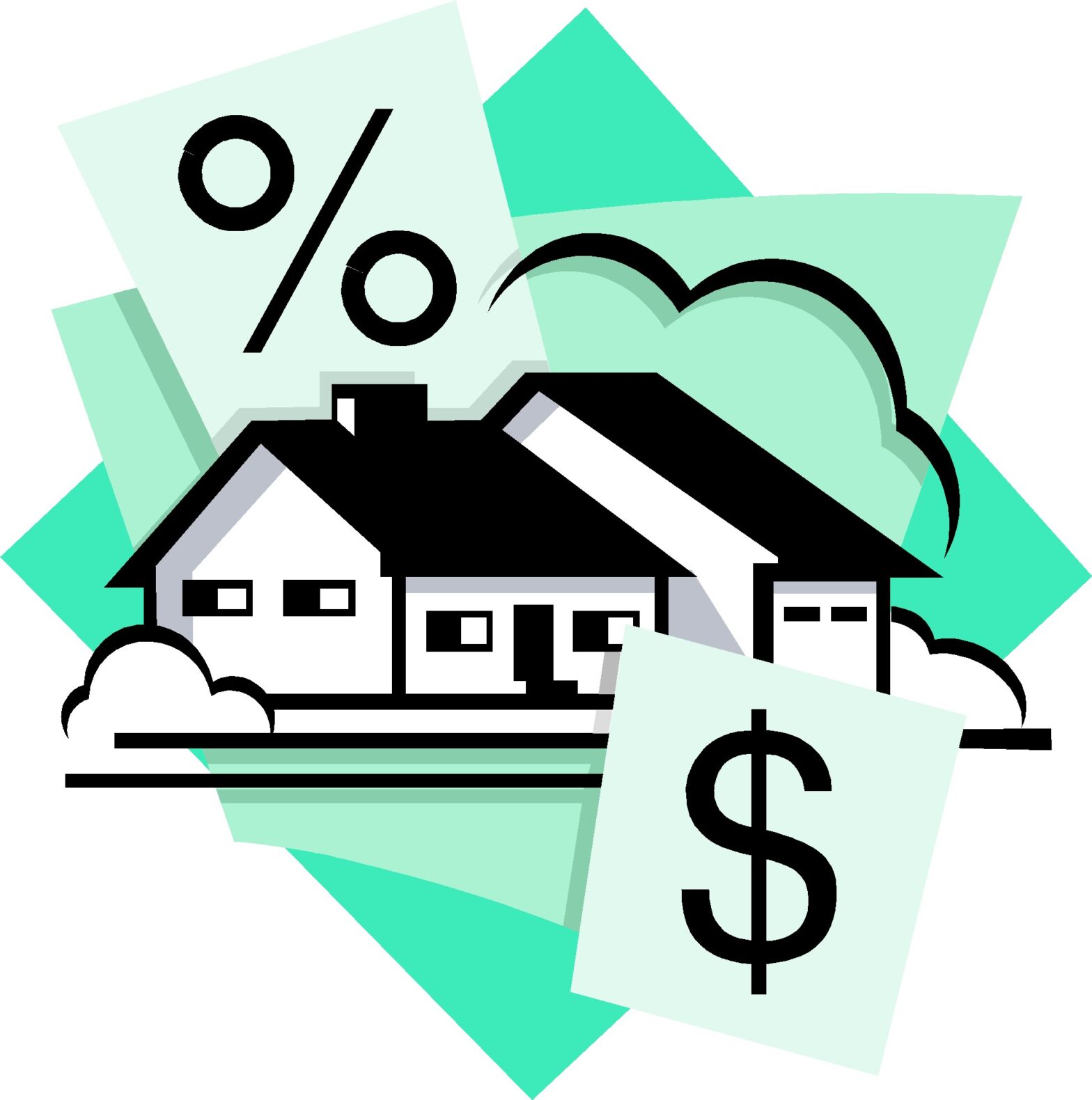Real estate equity loan have gained popularity as a financial tool for homeowners looking to leverage the value of their property. These loans can be a powerful resource, but they also come with risks and drawbacks. Understanding the pros and cons of real estate equity loan is crucial for making informed financial decisions. In this comprehensive guide, we’ll explore what real estate equity loan are, how they work, their benefits, and potential downsides.
What is a Real Estate Equity Loan?
A real estate equity loan, often referred to as a home equity loan, allows homeowners to borrow against the equity in their property. Equity is the difference between the current market value of the home and the outstanding mortgage balance. Essentially, it’s the portion of the home that the owner truly “owns.”
For example, if your home is worth $300,000 and you owe $200,000 on your mortgage, you have $100,000 in equity. A real estate equity loan enables you to access a portion of this equity, typically in the form of a lump sum.
How Real Estate Equity Loan Work
When you take out a real estate equity loan, the lender will assess your home’s market value and the amount of equity you have. Based on this assessment, they will determine how much you can borrow. Most lenders allow you to borrow up to 85% of your home’s equity.
The loan is secured by your property, meaning that if you fail to repay it, the lender can foreclose on your home. This security for the lender typically translates to lower interest rates compared to unsecured loans like credit cards or personal loans.
Real estate equity loans come with fixed interest rates, fixed repayment terms, and fixed monthly payments. This predictability can be advantageous for budgeting and long-term financial planning.
Pros of Real Estate Equity Loans
- Lower Interest Rates Real estate equity loans generally offer lower interest rates compared to unsecured loans. Since the loan is secured by your property, lenders face less risk and can pass on the savings to you in the form of lower rates.
- Lump Sum Payment Upon approval, you receive a lump sum payment, which can be used for various purposes such as home renovations, debt consolidation, education expenses, or emergency costs.
- Predictable Repayment Schedule With fixed interest rates and fixed monthly payments, real estate equity loans provide a predictable repayment schedule. This makes it easier to plan your finances and avoid surprises.
- Tax Benefits In some cases, the interest paid on a real estate equity loan may be tax-deductible. This is typically the case if the loan is used to improve, buy, or build the home securing the loan. Consult with a tax advisor to understand how this might apply to your situation.
- High Loan Amounts Because these loans are secured by your property, you may be able to borrow a significant amount of money, depending on your equity. This can be especially beneficial for major expenses that other forms of credit may not cover.
Cons of Real Estate Equity Loans
- Risk of Foreclosure The biggest risk of a real estate equity loan is the potential loss of your home. If you fail to make the required payments, the lender can foreclose on your property, which can lead to severe financial and personal consequences.
- Reduced Home Equity Taking out an equity loan reduces the amount of equity you have in your home. This can be a problem if the real estate market declines, as you might end up owing more than your home is worth.
- Upfront Costs and Fees Real estate equity loans often come with various fees and closing costs, such as appraisal fees, origination fees, and other charges. These can add up and should be considered when calculating the total cost of the loan.
- Debt Accumulation By borrowing against your home equity, you’re increasing your overall debt burden. If the borrowed money isn’t used wisely, it can lead to further financial difficulties and make it harder to manage your debt load.
- Long-Term Commitment Real estate equity loans typically have long repayment terms, ranging from 5 to 30 years. This long-term commitment can be a drawback if your financial situation changes, such as job loss or significant unexpected expenses.
Alternatives to Real Estate Equity Loans
Before deciding on a real estate equity loan, it’s worth considering other options that might be more suitable for your financial needs:
- Home Equity Line of Credit (HELOC) Unlike a real estate equity loan, a HELOC provides a revolving line of credit that you can draw from as needed. This offers more flexibility but comes with variable interest rates.
- Cash-Out Refinance This involves refinancing your existing mortgage and taking out extra cash based on your home’s equity. It can result in a new mortgage with different terms and potentially lower interest rates.
- Personal Loans For smaller amounts, personal loans can be a quicker and easier alternative. They typically have higher interest rates but don’t require your home as collateral.
- Credit Cards While generally not advisable for large expenses due to high interest rates, credit cards can be useful for short-term needs and smaller purchases if managed responsibly.
Conclusion
Real estate equity loans can be a valuable financial tool for homeowners who need to access a large sum of money at a relatively low interest rate. However, they come with significant risks, including the potential loss of your home. It’s essential to carefully weigh the pros and cons and consider your long-term financial health before taking out a real estate equity loan.
Understanding the full scope of a real estate equity loan can help you make an informed decision that aligns with your financial goals and needs. If you’re unsure, consult with financial advisors to explore all available options and determine the best course of action for your situation.


